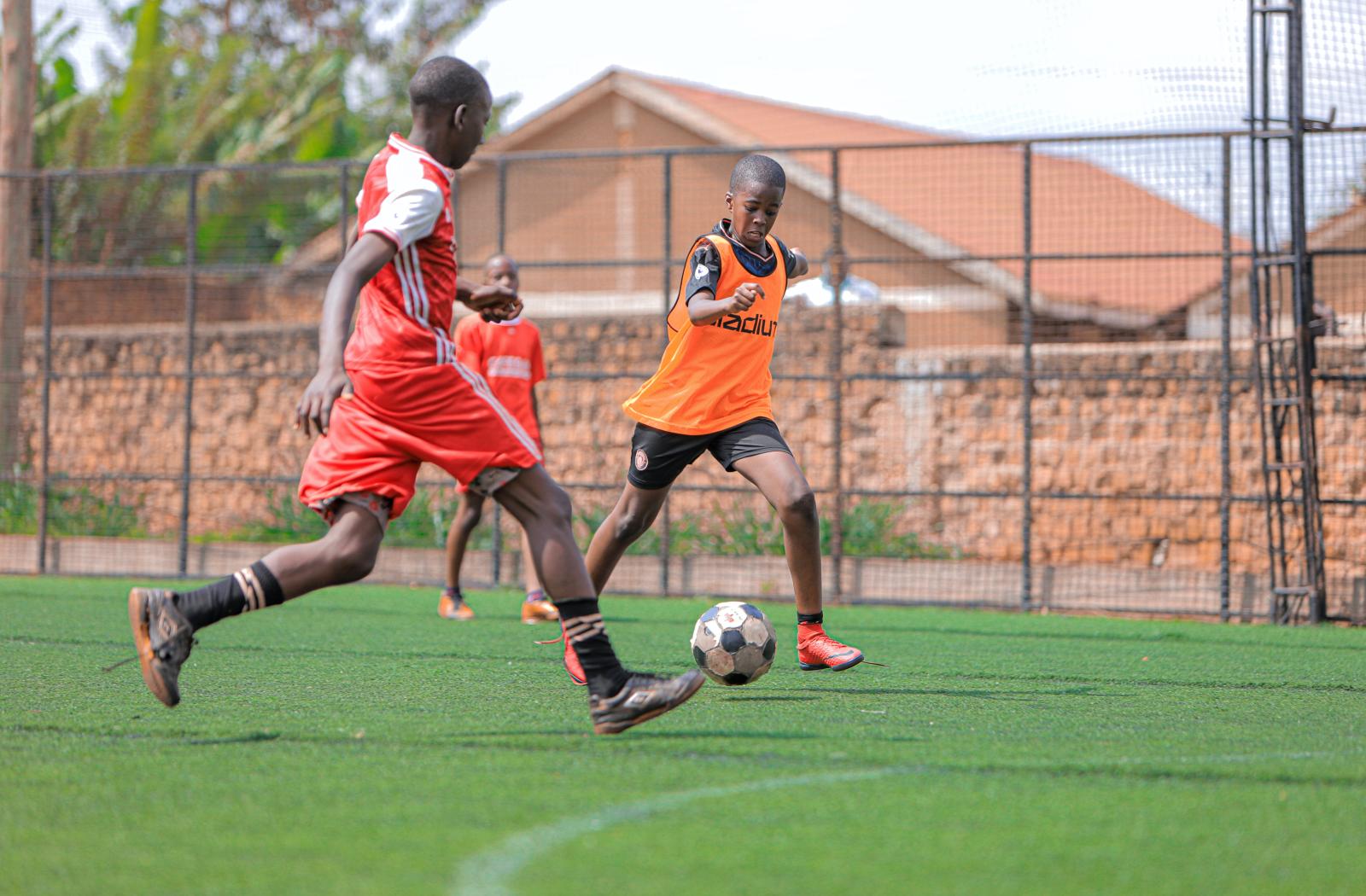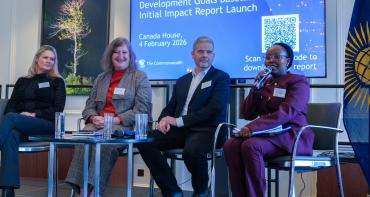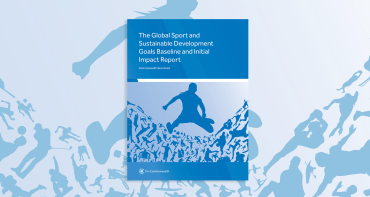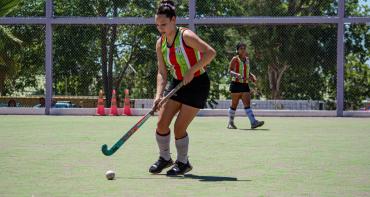Sporting institutions are urged to join a project seeking to measure the impact of sport and physical activity on sustainable development.

Across the Commonwealth there is a lack of systematic data gathered on the role of sport as a development tool, hampering its inclusion in social development policies and continuing a prolonged cycle of reduced investment.
To help break this cycle and highlight the contribution of sport to sustainable development, the Commonwealth Secretariat – in partnership with UNESCO - developed a framework and toolkit for measuring the contribution of physical education, physical activity and sport to prioritised UN Sustainable Development Goals (SDGs).
Call to action
The toolkit and framework, which is four years in the making, is being used in countries including Mauritius, Jamaica, Fiji, Solomon Islands, Canada, Lesotho and Namibia to address this data gap and the first set of findings will be released in the first Global Sport and SDG Impact Report later this year.
However, the impact of COVID-19 has delayed momentum, with some countries only now looking again at how to embark on data collection.
A call for sporting institutions to utilise the toolkit was made this week at the Sport for Health Conference, at the World Innovation Summit for Health (WISH) in Doha, Qatar.
Attending and presenting on behalf of the Commonwealth Secretariat, Caroline Brooks, Sports & SDGs Project Manager, said:
“The power of sport to do good is clearly understood but where is the clear and tangible evidence being used alongside the investment demands and business cases being prepared for sport? Articulating our arguments with robust data means the contribution of sport, PE and physical activity to sustainable development will be recognised as a necessary precursor for cross-government and multi-stakeholder support - key to justifying investment.”
She added: “There is clearly a need for more countries and institutions to invest financial and human resources in this. We need organisations and governments to look at how they can publicise their data and use the indicators so that more data can be collected and more robust conclusions can be made.”
Data feedback already benefitting countries
Early feedback from countries shows that sport-related data exists but after data collection is completed, it is often left in its raw state, unprocessed and inaccessible. The lack of a common language for measuring impact is another problem the toolkit seeks to address.
Where data has been extracted, there are clear benefits.
In some countries, the assumed impact of sport is greater than previously estimated, leading to more programming of activities intentionally designed to help achieve one or more of the SDGs.
Using the indicators is leading to more robust business cases being made for investment in sports. The data collected is also enabling users to track progress and make adjustments to programmes where required.
Mauritius, for example, has used the indicators to demonstrate health issues with diabetes and physical inactivity and this has led to investment by the Mauritius Sports Council into sport and physical activity programmes designed to intentionally address these health issues.
Namibia's use of the framework has led to investment in new hardware for its sports department and for its delivery agencies – laptops loaded with data collection software. In addition to this, Department staff and partners have improved their skills and understanding of data collection process and analysis and will continue to build their own capacity. Greater working relationships between Government departments, the National Statistics Agency and delivery partners have also been reported. Namibia is looking for investment partners to help support its continued work in this area.
Baseline report
The Secretariat and UNESCO are currently preparing the first baseline report on how Sport contributes to the SDGs built from data sources mapped against the Sport and SDG Indicators in the framework and toolkit. It is planned to launch later this year.
The first report will present the available data in 2022, supported by qualitative case studies. It will make clear recommendations for how countries and institutions can get involved to help further adoption and data gathering. It is intended that there will be a report published every two years.
There is a need to improve capacity to collect and analyse sport-related data at scale and this is our number one priority in the next phase of guiding the implementation of this global initiative.
If you are interested in being part of activities planned in this area in the future, please contact the Commonwealth Secretariat – [email protected]
Media contact
- Amy Coles Communications Officer, Communications Division, Commonwealth Secretariat



